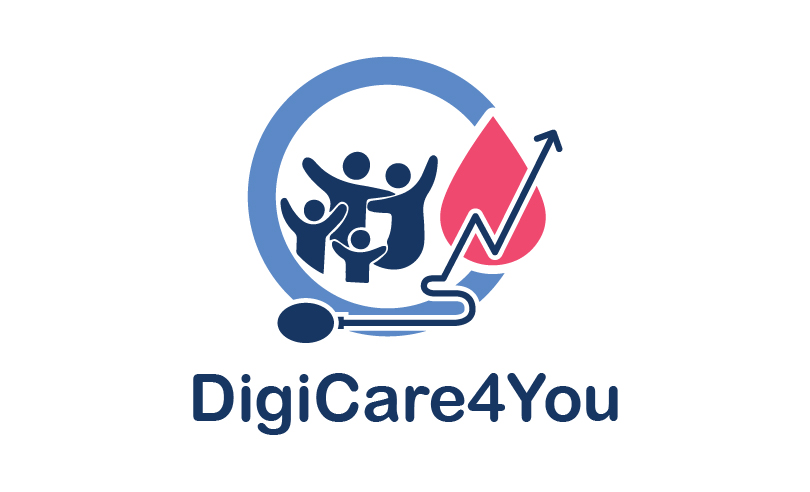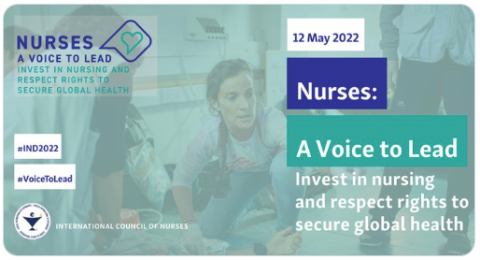On Florence Nightingale´s birthday, we are celebrating International Nurses Day, a global event to mark the contributions nurses make to society! “Investing in nursing and respecting nurses’ rights to secure global health” is the theme of the global campaign this year launched by the International Council of Nurses.
The International Council of Nurses demonstrated how the COVID-19 pandemic has exposed weaknesses in healthcare systems across the world caused by important underinvestment which in turn led to high shortages of nurses.
The DigiCare4You project, which seeks to improve the prevention and management of Type 2 Diabetes (T2D) and hypertension (HTN) by strengthening the capacity of healthcare systems and by integrating community care services in Europe, is in agreement with this year’s theme showing the crucial need to protect, support and invest in the nursing profession to build resilient health systems that meet the needs of individuals and communities. In hospitals, homes and communities, from non-communicable diseases to infectious diseases, mental health to chronic conditions, nurses play a vital role in healthcare services.
Nurses are also one of the most important healthcare professionals involved in diabetes care as they take on many different roles and responsibilities that can range from administering and/or prescribing medication, screening and providing health and psychological advice to help people tackle the huge burden of diabetes
There has been an increase in the number of healthcare systems that are adopting nurse-led patient centred model compared to the more traditional physician model. A study conducted in the UK has shown that empowering nurses with more independent roles in diabetes care can help improve the outcomes of people living with diabetes. It has also been demonstrated that nurses-led modelswere more effective in improving glycaemic control than traditional care. The DigiCare4You project integrates nurses and their expertise at the core of the screening process.
Nurses, however, face important barriers to care for people living with diabetes in the most optimal way. One of the most important barriers identified by in-depth interviews is the lack of resources. This then creates a vicious cycle of shortages which in turn leads to lack of time in adequately caring for people. The limitations in staff members from systemic underinvestment require nurses to work more than their normal workload which ultimately impacts their satisfaction, health and the quality of their work. Lastly, a major barrier is the lack of knowledge which once again stems from underinvestment. Studies have shown that many healthcare systems provide insufficient, outdated or inadequate knowledge about diabetes care to general nurses.
DigiCare4You will use schools and local health centres as an entry point to the first and second stage screening of the community. The local communities and schools will also be actively engaged to create a more supportive social and physical environment for all families living in the participating communities. To this essence, DigiCare4You is aware that the lack of trained personnel tends to result in low awareness of the condition among at people at risk or people living with diabetes. Therefore, DigiCare4You is committed in providing adequate training in diabetes education, screening, prevention, and treatment to nurses involved in the study.

